|
A great way to introduce players to tournament chess is through the Interschool system. Kids Unlimited currently run a series of events throughout the year leading up to State Finals. There are different age divisions to ensure that kids are never too out of their depth: Secondary (years 7-12) Middle Years (years 5-9) Primary (years F-6) Junior Primary (years F-3) These tournaments are run in zones across the state and a calendar can be seen on the dedicated Interschool website. The tournaments are organised and mostly run by Tim who has built up great experience in making them a fun and well run day for everyone. Interschool events are an ideal stepping stone for players to move to the next level, and there are often some very strong players. At yesterday's event in Whitehorse, at Kerrimuir Primary School, one of Australia's top 20 under-12's was playing! Last year's Victorian State Champions, Glendal Primary were up against the 2017 Victorian Champions, Doncaster Gardens. It was always going to be close, but Doncaster Gardens just won out. The full standings can be seen on tornelo where all results are updated immediately they are recorded. This means that parents and teachers can follow the results, as they are happening, even if they're not there! While the competition is fierce, the emphasis is on fair play, and kids of all standards have a great time, and a great learning experience! Is your school playing Interschool chess? If not then see if there are tournaments coming up near you, and try to get a team. Perhaps you have a team, but you just can't catch the top teams? Then maybe some coaching could help? With Grand Masters, International Masters and some of the most experienced junior coaches in Australia, Kids Unlimited has a fantastic track record of teaching chess to kids!
2 Comments
It's been a couple of weeks since I left the difficult forks, so let's look at them now!
Seeing a fork is easy, but making them happen can be tricky. The puzzles from 2 weeks ago included 2 from World Championship matches! That was the quality of the players! Anyway, did you manage to make the forks happen? Here's the answers. If you didn't work them out fully, then don't worry. Trying to solve puzzles helps us to understand the idea better in the future. Getting something wrong isn't a failure as long as we learn how to get it right for next time! Last week, I posted about forks that I'm showing in my lessons and I left some puzzles. Here's the answers to the easy puzzles, though there were a couple designed to trick you! The first 2 on the left hand side column are pretty easy, but the puzzles in the right column are a bit tricky. Did you notice that you could use checkmate as a target? And did you notice that it was Black to play in the last puzzle? It always pays to read the question carefully!
I'll leave the harder fork puzzles for another week to give you some more time to solve them! In the meantime, here's another puzzle with a fork, but this time it isn't done by a knight. One skill that we are trying to develop in chess is building knowledge of a lot of different patterns that we can use in our games. There are lots of Checkmate patterns, and lots of tactical tricks that help us win points. Learning new patterns is great, but solving puzzles from patterns we already know is also good, as it reminds us of things that we might have forgotten. Here's a pattern that you might know, and if not, you might be able to work it out! This type of checkmate happens regularly, but it isn't one of the most standard types! I saw exactly the same type of Checkmate happen at a game in my local chess club last week.
This time it is White to play! Have you played tournament chess yet? If not, then you should really start, as it's the best way to test your chess skills. And every time you win a tournament, there will be a bigger tournament for you to move up to:
- junior rapid events - junior long play events - senior rapid events - senior long play events - junior Championships - senior Championships - International events - World Championship events Ok, win the World Championship and you can't get bigger or better than that!! To start with, all juniors should be building their game so that they feel comfortable playing with clocks. To do this, playing in a rapid event is the perfect start. Melbourne has a number of chess clubs, and they all run rapid events, and so do Kids Unlimited. The KU events are called RJ Shields, after International Master and former Australian number 1 player Robert Jamieson. You can find details of the events here: http://www.rjshield.com/ Playing in tournaments helps with your chess skills, builds confidence using a clock, and will get you a rating. You then have to grow you rating, as the higher it is, the better you are. Here's the live ratings for the best players in the World, the goal we all need to aim for! This week I am looking at forks with my classes. Forks are where we aim at more than one target with one piece, and the absolute expert piece at forking is the knight. Here are some easy puzzles to get you going. Once we can see what a knight fork is, the next stage is to be able to make them happen in our games. Here are some slightly harder puzzles. And how did you go with last week's mate in 2?
Here's the answer! On the 1st of every month, the World Chess Federation, FIDE, publish their updated ratings list taking into account games played in the previous month. So yesterday, on May 1st, the new list came out. Of course the top player is still World Champion. Magnus Carlsen, who has had an excellent year so far winning all his tournaments. But there are also age group leaders, country lists, top women players and every Internationally rated player. The youngest were born in 2013! Ratings signify how well you are playing, and there are rating levels to achieve master titles. Grand Master (GM) = 2500 International Master (IM) = 2400 FIDE Master (FM) = 2300 Candidate Master (CM) = 2200 Here's the top 10 list from the official FIDE ratings list 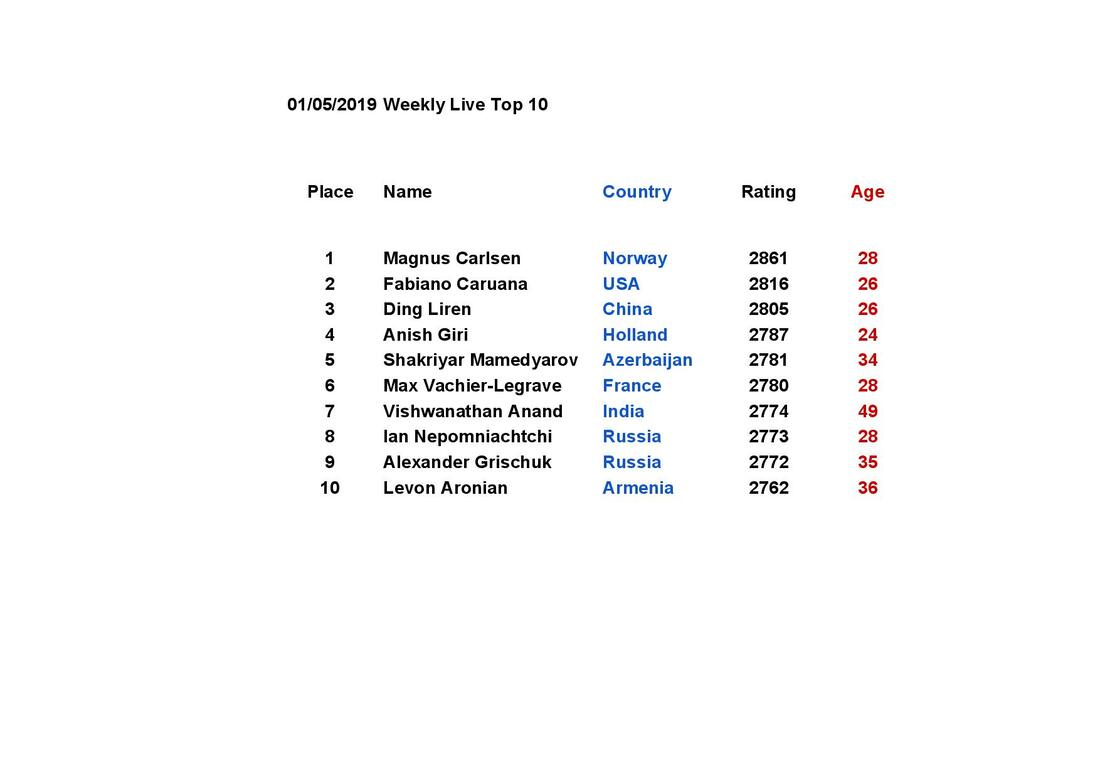 There is a site that records the live ratings of the top players after every game they play that is good to follow, called 2700chess. This site also has a list of upcoming events for the top players, so you can see when your favourite player will next be in action! Here's a list of top players by age group that I made. I try to update this each month. Enjoy! A new term with new goals and ideas. How much chess are you playing? How much chess study are you doing? The more you play, the better, and chess study is important too. A great site to help players improve is http://www.ideachess.com/ where you can practice checkmates and tricks to win points. The "Checkmate" tab at the top of the page will bring up puzzles for you to solve! Mate in 2 puzzles are really good as you need to see the Checkmate but also prepare for it.
Here's a mate in 2 from a game from last week! |
AuthorChess coach extraordinaire Carl! Archives
November 2020
Categories |
|

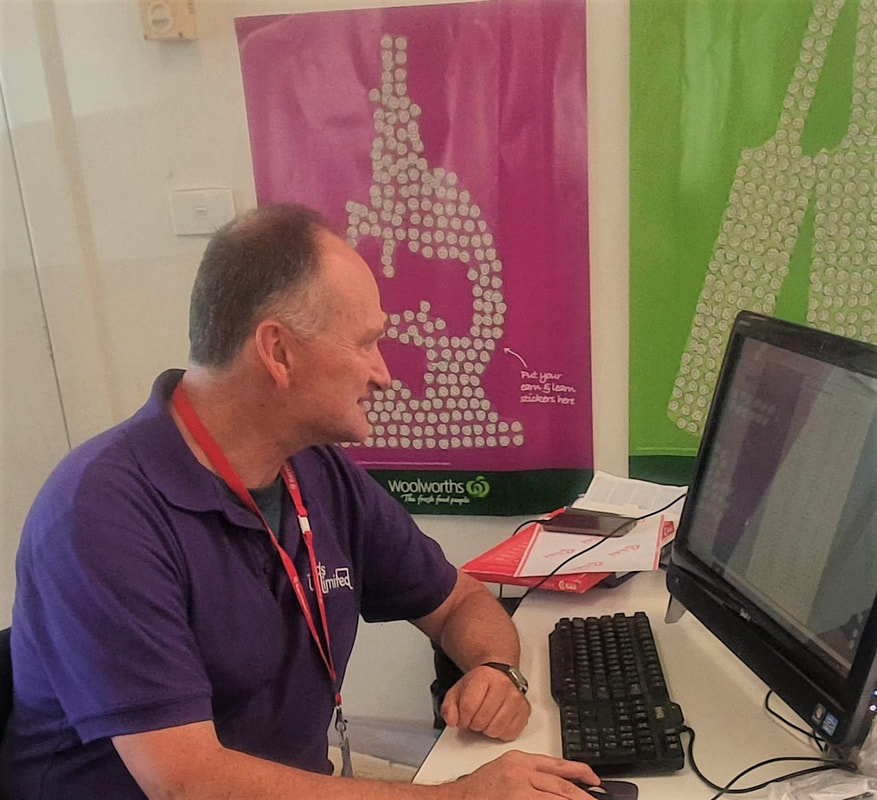
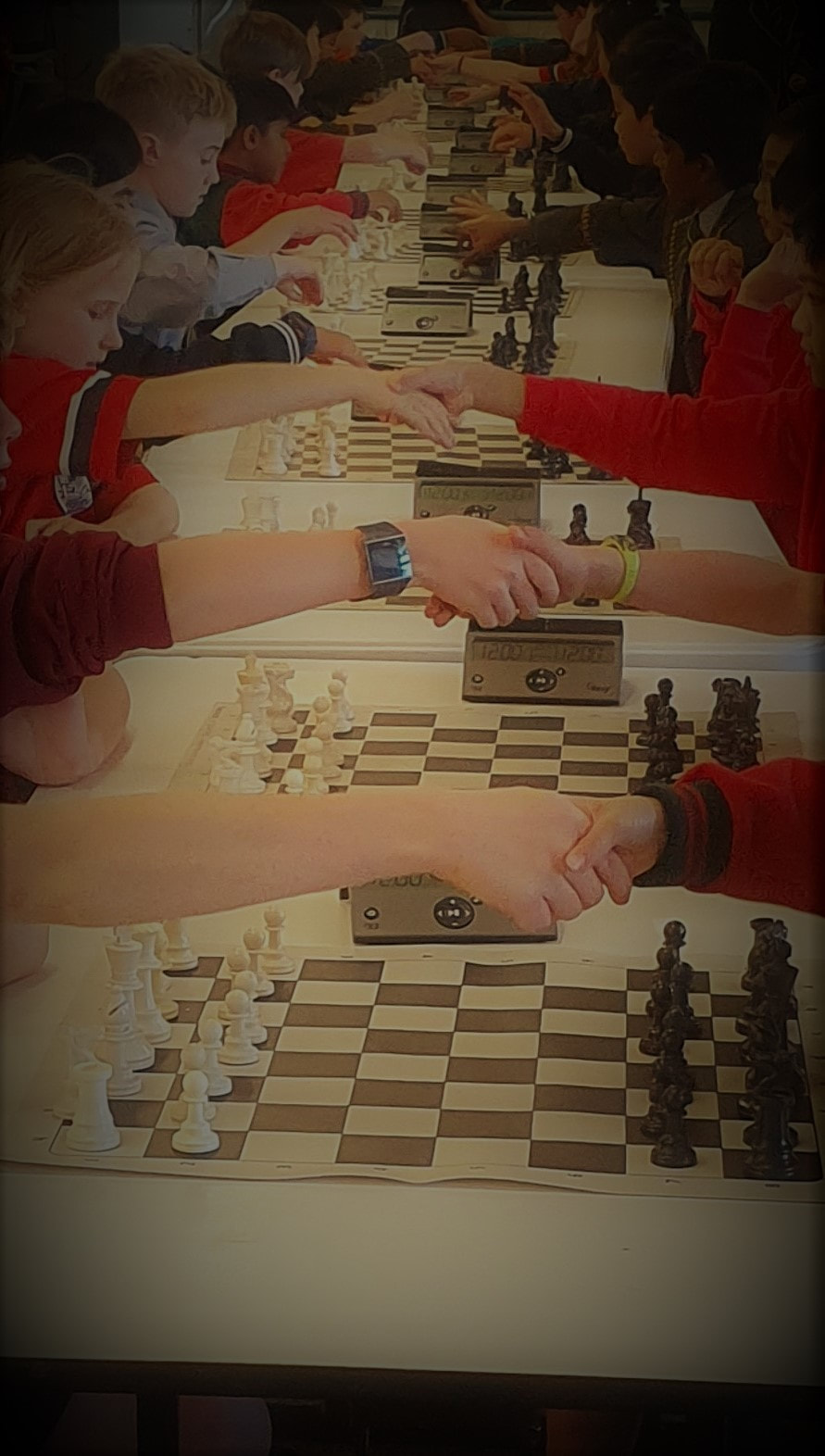
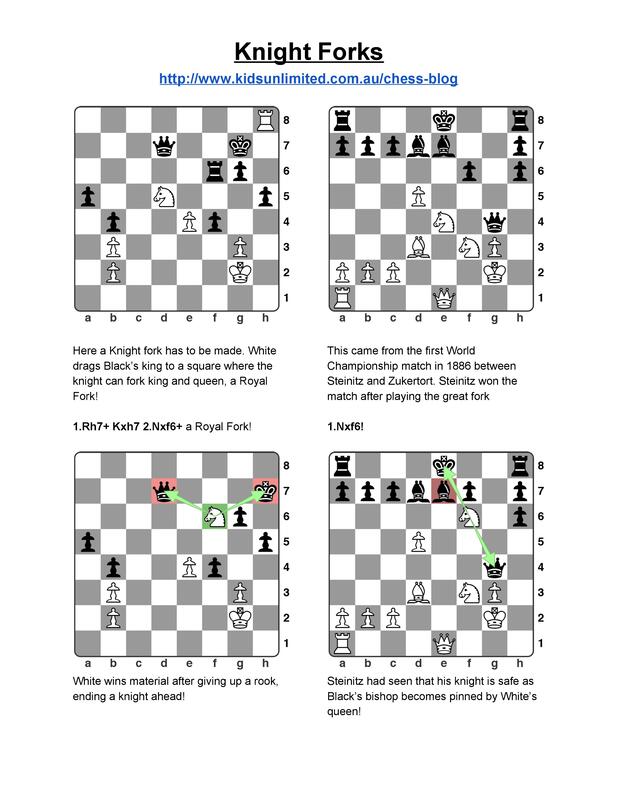
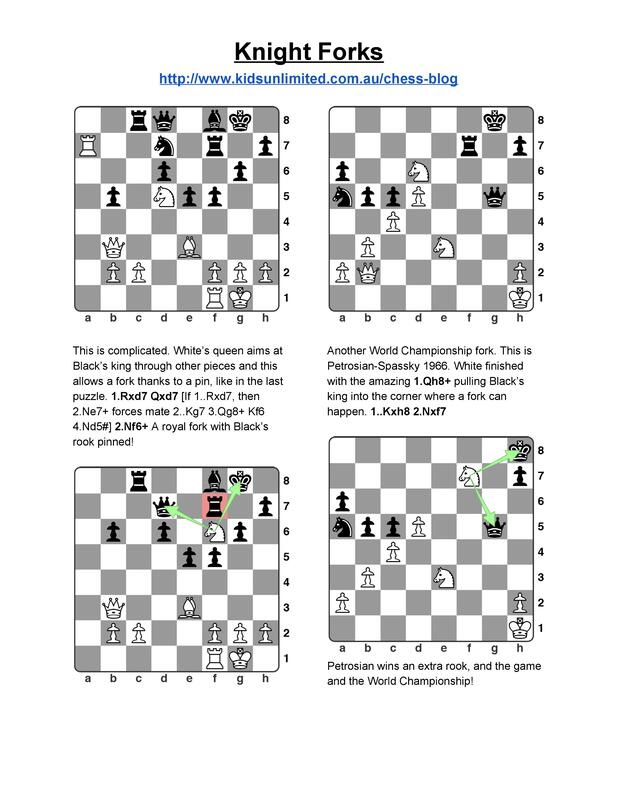
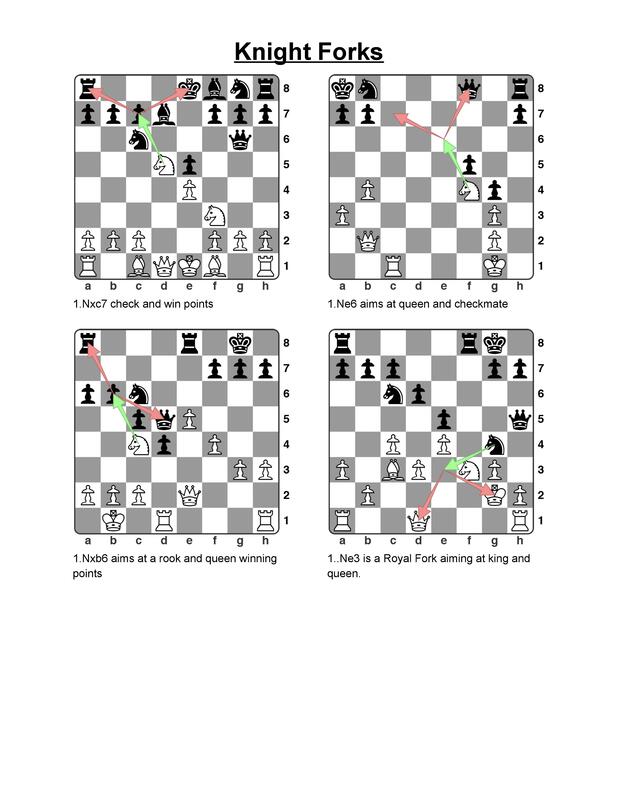
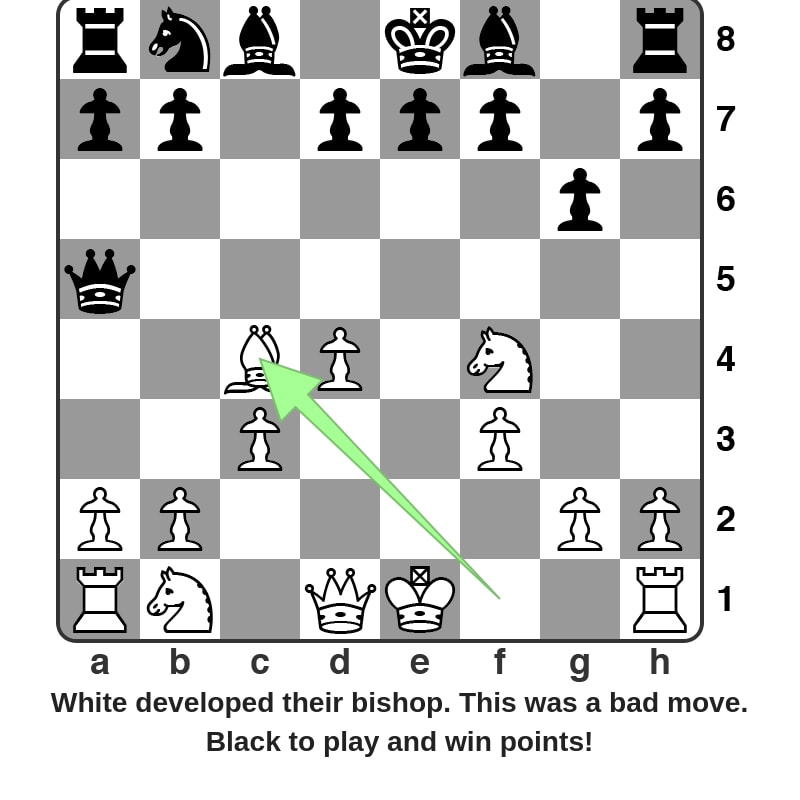
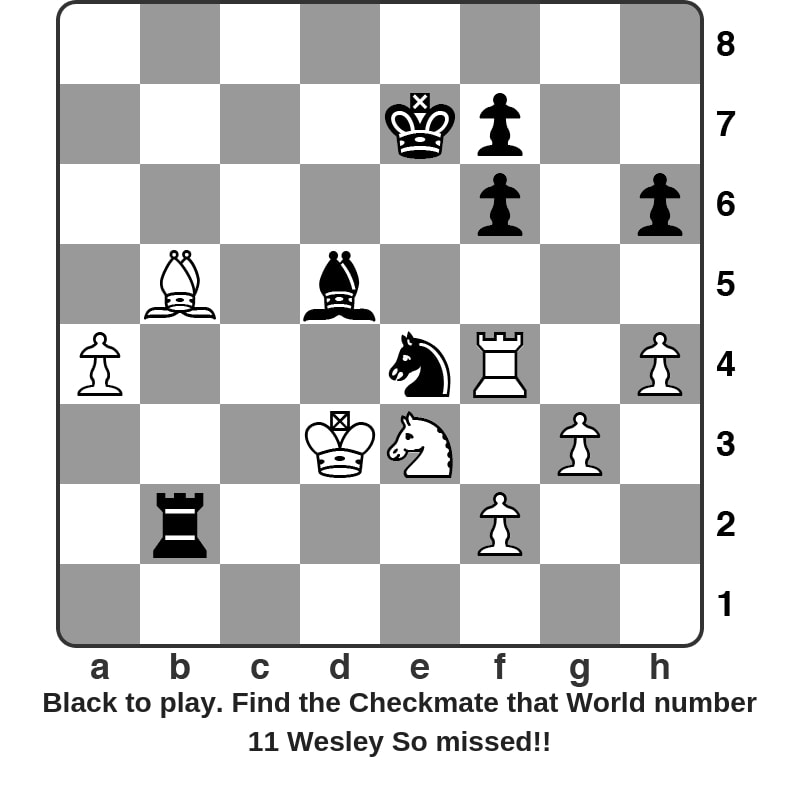
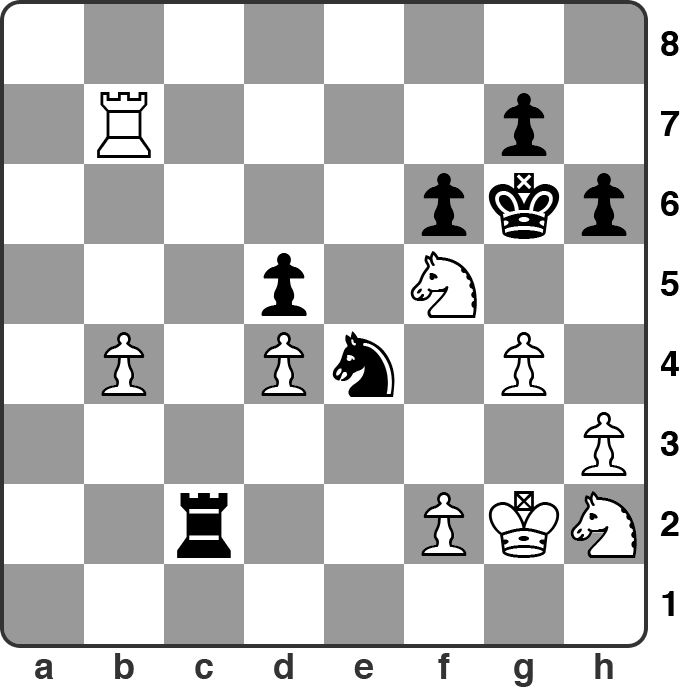
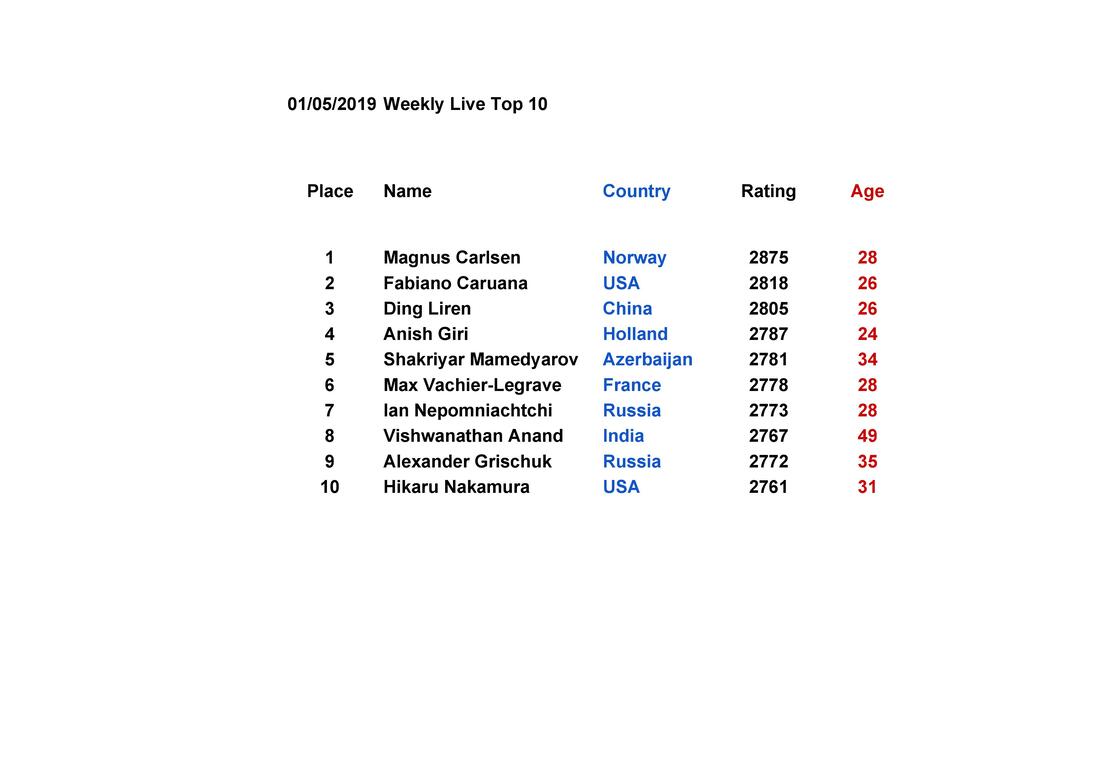
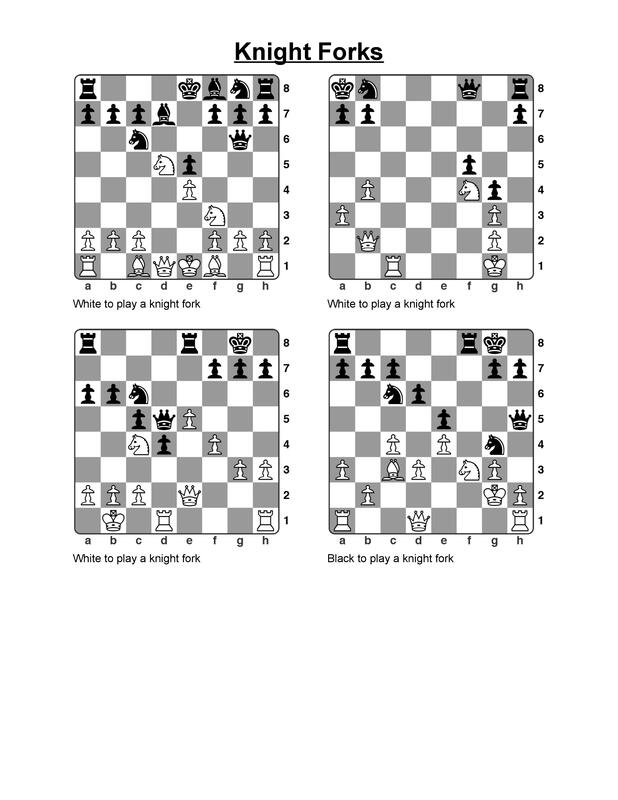
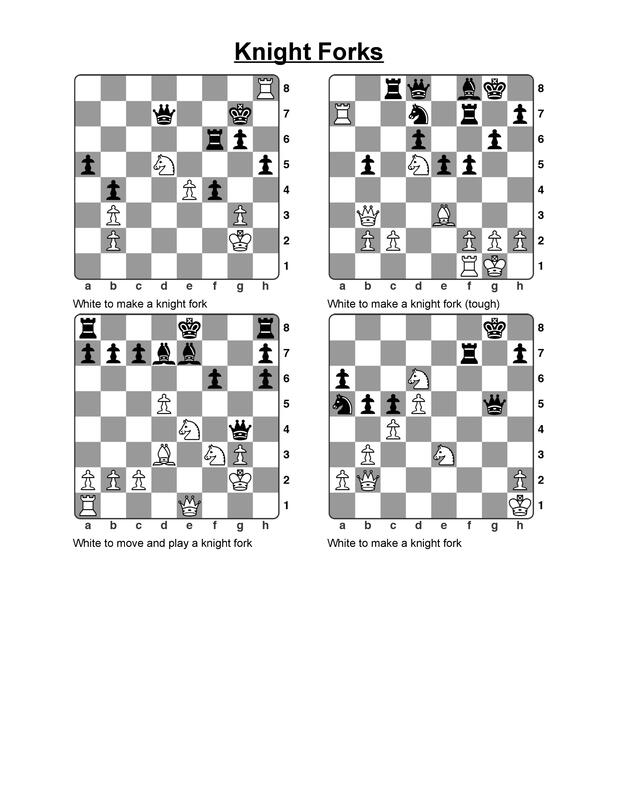
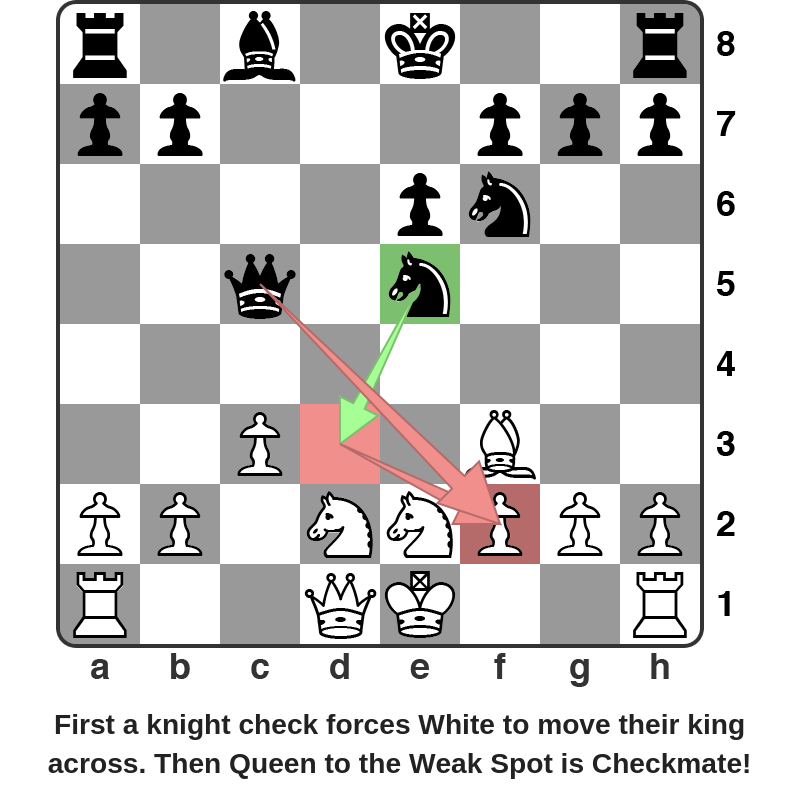
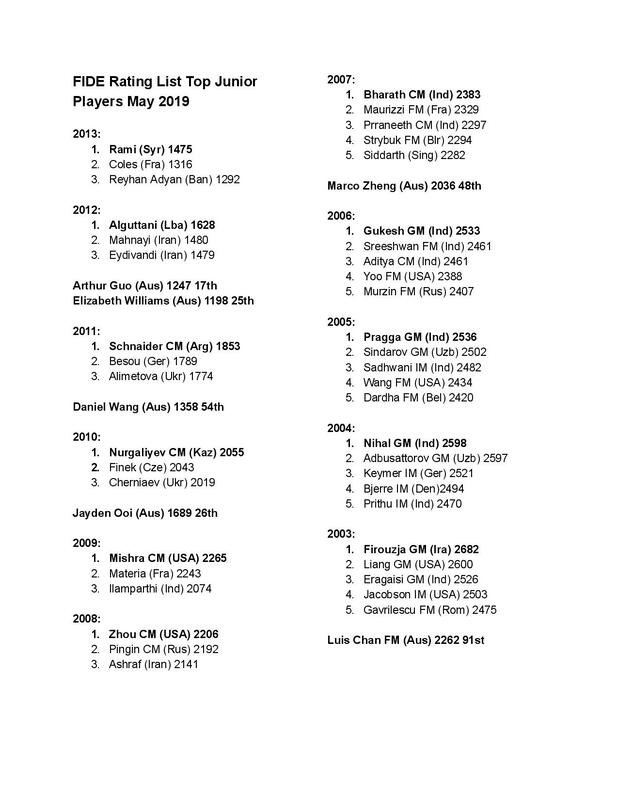
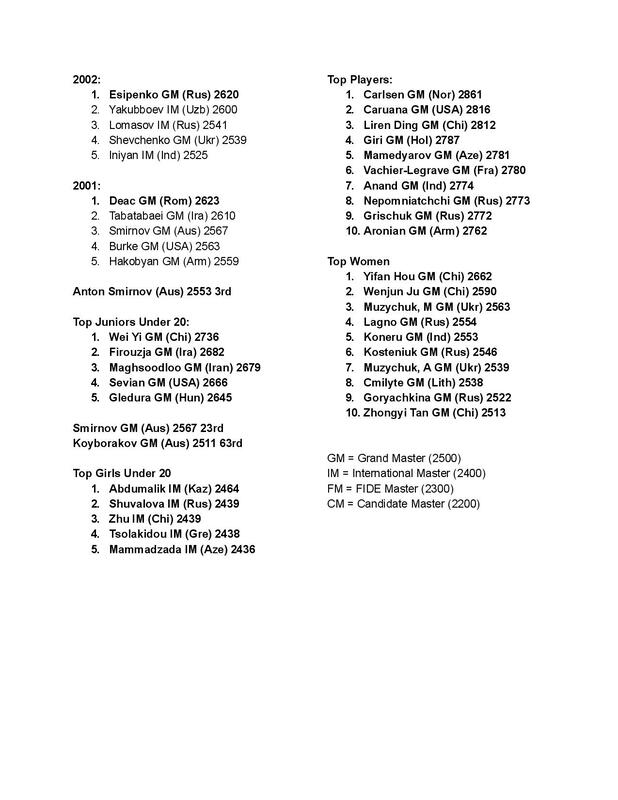
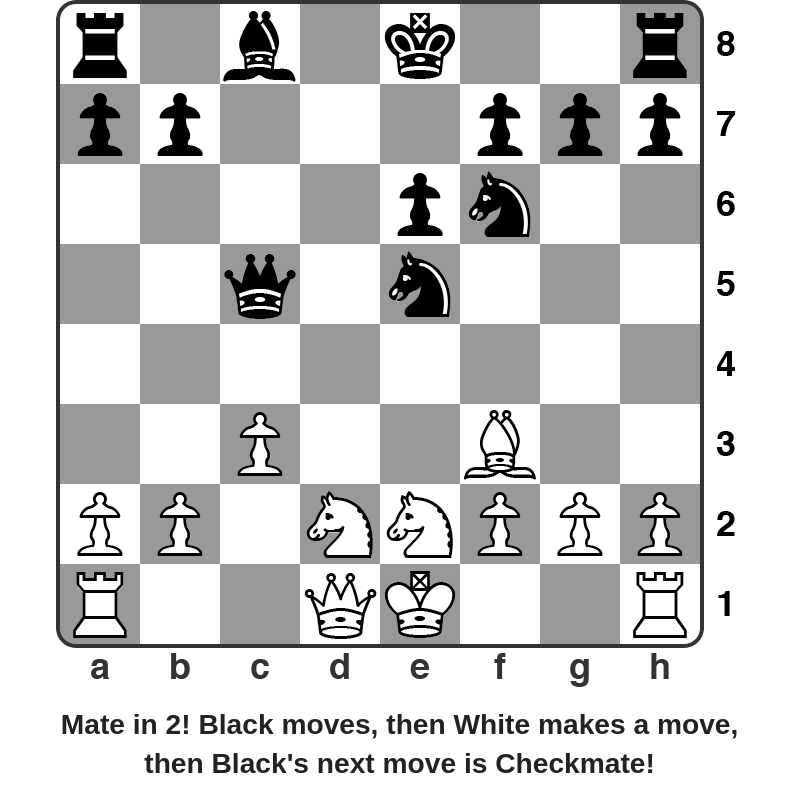
 RSS Feed
RSS Feed
